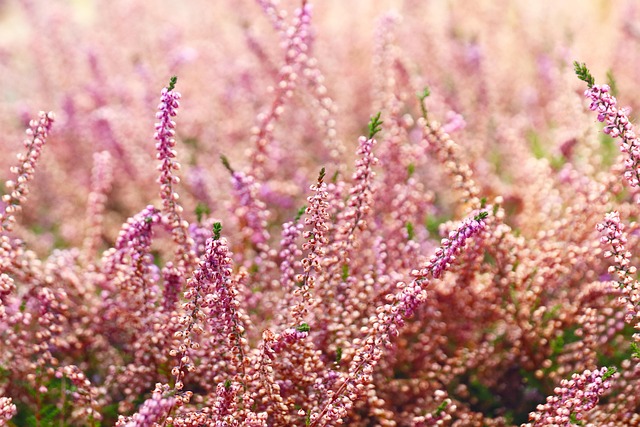THCA (tetrahydrocannabinol acid), naturally found in cannabis, offers potential therapeutic benefits without a "high." When heated, THCA converts to THC, enabling anti-inflammatory, analgesic, and anti-anxiety effects. THCA flower, rich in this compound, enhances these effects through the Entourage Effect, interacting with other cannabinoids and terpenes. While it can induce a high, consumers should be aware that dosage, consumption method, and legal status vary globally, affecting experience and safety. Responsible consumption requires education on product composition to avoid adverse reactions.
“Unraveling the mystery surrounding THCA flower’s potential to induce a ‘high’, this article delves into the science behind this non-psychoactive cannabinoid. We explore how THCA interacts within the entourage effect, dispelling myths about its intoxicating properties. From legal considerations to safety, readers will gain insights into the unique aspects of THCA flowers and their distinct effects. Understanding THCA is crucial for consumers seeking alternative cannabis experiences without the psychoactive buzz.”
- Understanding THCA: The Non-Psychoactive Cannabinoid
- The Role of THCA in the Entourage Effect
- Separating Fact from Fiction: Does THCA Flower Induce a High?
- Exploring the Legal and Safety Considerations of THCA Flowers
Understanding THCA: The Non-Psychoactive Cannabinoid
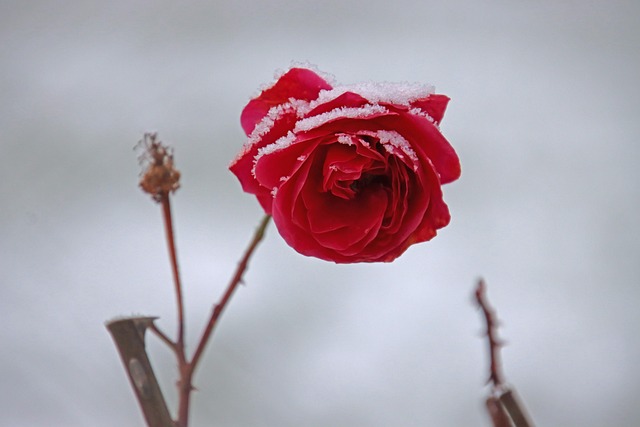
THCA, or Tetrahydrocannabinol Acid, is a natural compound found in the cannabis plant, commonly known as thca flower. Unlike its more famous counterpart, THC (the primary psychoactive component), THCA doesn’t produce any intoxicating effects. This non-psychoactive cannabinoid has gained significant interest due to its potential therapeutic benefits.
While THCA itself doesn’t get you high, it’s worth noting that when heated or decarboxylated, it converts into THC. This conversion process is what makes cannabis products like thca flower useful for medicinal purposes. Many people use THCA for its anti-inflammatory, analgesic, and anti-anxiety properties, among others, without experiencing the mind-altering effects associated with THC.
The Role of THCA in the Entourage Effect
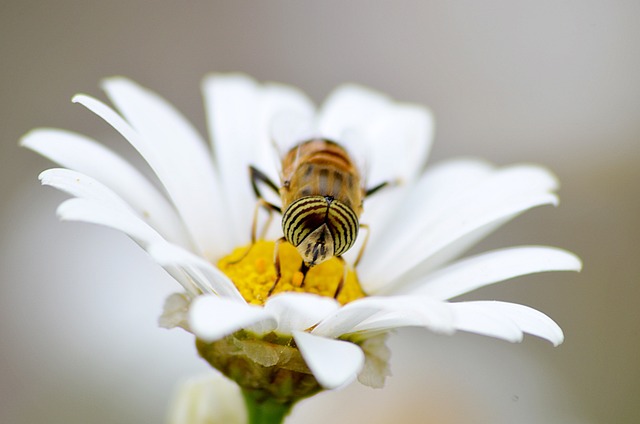
The Entourage Effect, a term coined by scientists, refers to the complex interaction between various compounds found in cannabis, including THCA (Tetrahydrocannabinol Acid). While THCA itself doesn’t directly produce psychoactive effects, it plays a pivotal role in how users experience the ‘high’ from cannabis. When consumed, THCA is converted into THC, the well-known compound responsible for the euphoric and intoxicating sensations associated with marijuana use. However, the story doesn’t end there.
THCA flower, or cannabis plants rich in this compound, contributes to the overall effect of cannabis through its synergistic relationship with other cannabinoids and terpenes present in the plant. This entourage effect means that the combination of these compounds works together to enhance or alter the perceived effects, creating a unique and multifaceted experience for each user. Thus, THCA flower isn’t just about the potential high; it’s about the complex dance of compounds that define the cannabis experience.
Separating Fact from Fiction: Does THCA Flower Induce a High?
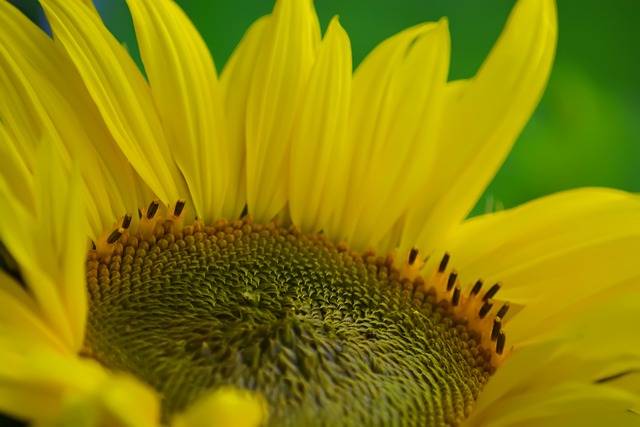
Many people wonder if THCA flower, a popular cannabis compound, can get them high. The short answer is yes, but it’s more nuanced than simply consuming THC-rich products. THCA (tetrahydrocannabinolic acid) itself doesn’t produce the intense euphoric effects associated with getting “high.” This is because THCA must be heated or decarboxylated to convert into THC (tetrahydrocannabinol), the primary psychoactive compound in cannabis.
When smoked or vaped, THCA flowers can indeed induce a high similar to other cannabis strains. However, the experience may vary depending on factors like dosage, method of consumption, and individual tolerance. Not everyone will feel the same effects, and the intensity of the high isn’t guaranteed to match expectations based solely on THCA content.
Exploring the Legal and Safety Considerations of THCA Flowers
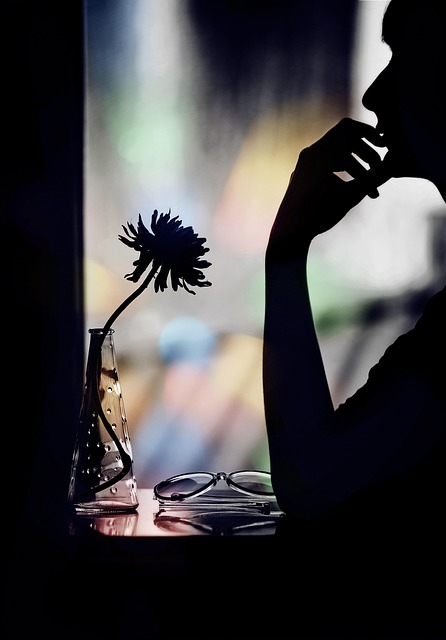
The legal status of THCA (Tetrahydrocannabinol Acid) flowers varies across regions, creating a complex landscape for consumers and industry players alike. In many places, cannabis products containing THC, including THCA flowers, are strictly regulated and only accessible through licensed medical or recreational dispensaries. This regulation is primarily due to the psychoactive effects associated with THC, which can vary greatly depending on the concentration in the plant material. While some individuals may use low-THC cannabis for its potential medicinal benefits without experiencing an intoxicating effect, THCA flowers typically contain higher levels that can lead to a “high.”
Safety considerations are paramount when discussing THCA flowers. The lack of standardized testing and labeling in some regions makes it challenging for consumers to understand the potency and composition of their purchase. Using untested or unregulated products carries risks, including potential adverse reactions, especially for individuals with pre-existing medical conditions or those taking medications. Moreover, the variability in THC content can lead to inconsistent experiences, making it difficult to predict the effects and potentially contributing to anxiety or paranoia in some users. Therefore, education and clear communication about product composition are crucial to ensure a safe and responsible cannabis experience.
While the idea of a non-intoxicating cannabis experience with THCA flower is intriguing, it’s essential to understand that, unlike THC, THCA does not directly induce a psychoactive “high.” The available research suggests that THCA’s effects are more subtle and complex, contributing to the overall entourage effect. As with any cannabis product, individual experiences may vary, and legal accessibility differs globally. Further studies are needed to fully comprehend THCA’s potential benefits and risks. When considering THCA flower, it’s crucial to approach it with informed curiosity and within a legal framework.
